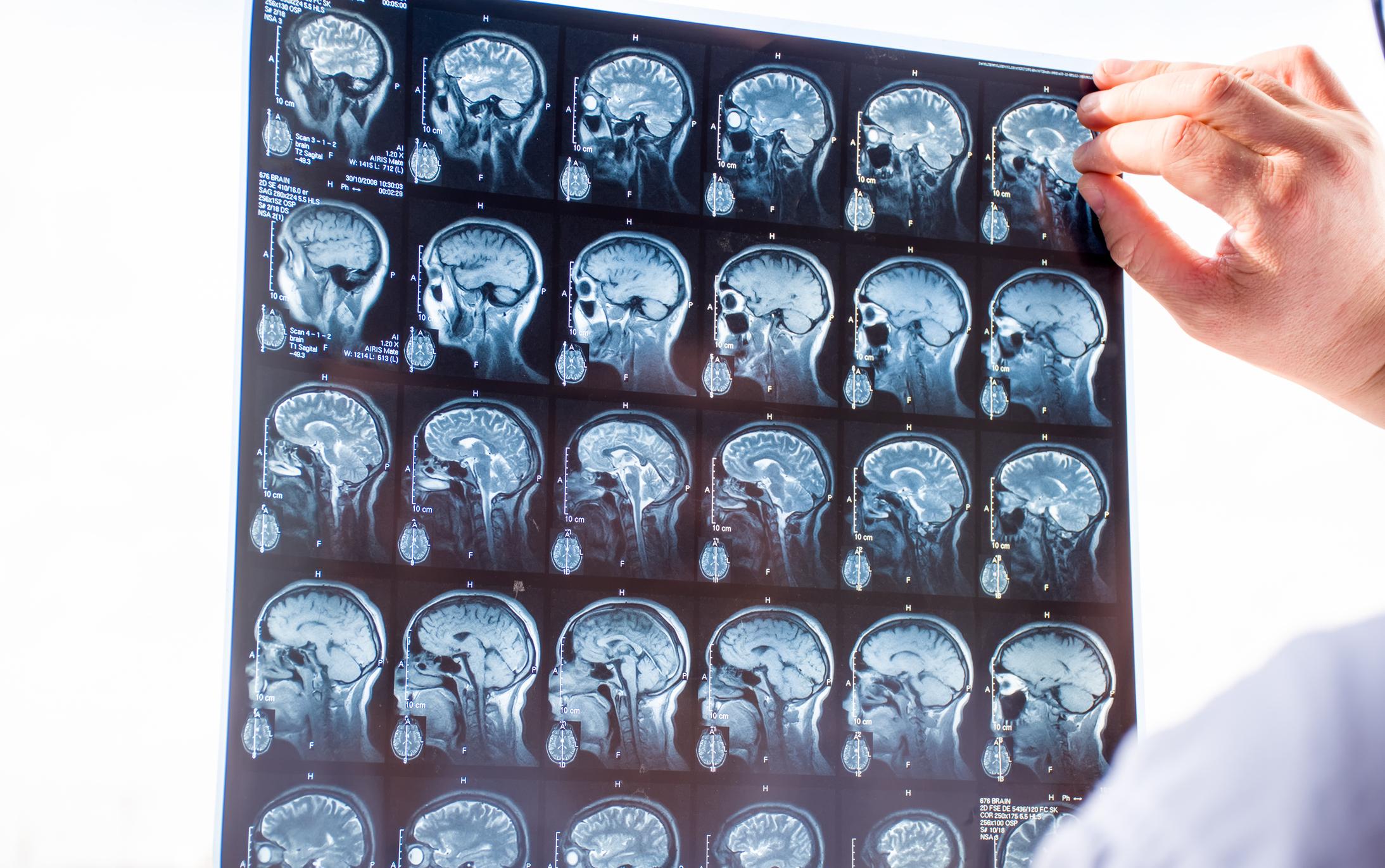A new study from researchers at the University of San Francisco in the United States gives hope to the 40% of people with epilepsy who do not respond to treatment. Researchers were able to stop seizures in adult mice with severe epilepsy by transplanting a certain type of cell into their brain.
This disease, which affects more than 60 million people worldwide, manifests itself in seizures with muscle contractions and loss of consciousness often leading to a fall and sometimes injury. The study, published in the journal Nature Neuroscience on May 5 and supplemented by another study published in Cell Stem Cell, gives hope that cell therapies are effective in treating epilepsy as well as other neurological disorders.
Among others, Professor Mark Cook, chief of medicine at the University of Melbourne, Australia, and researchers from the company NeuroVista, in the United States have recently developed a new device consisting of an implant and a housing allowing a 65% prediction of the onset of a crisis. What upset the daily life of people affected by epilepsy, the second most common neurological disease after stroke.
















